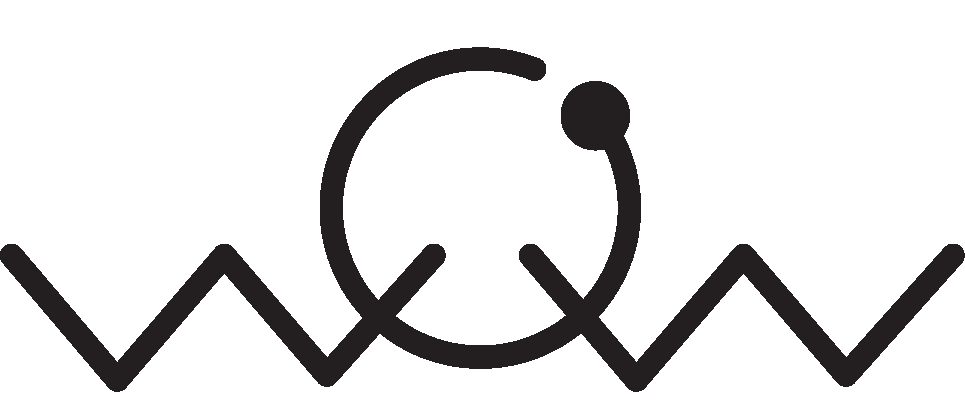
Interdisciplinary Learning
The world in and outside of academia is increasingly interdisciplinary. I have been fortunate to collaborate with faculty outside the discipline of design on multiple liberal arts courses. A true pleasure, these courses introduce me to students outside of the design curriculum. They have also enabled me to bring students on exciting adventures to Washington D.C., Montreal, Canada, and Seoul, South Korea.

IS 318 The Mask
Collaboration with Theatre. With the establishment of a visual design and theoretical foundation, students will begin conceptualizing, developing and building their own masks. They will explore their persona theatrically through movement and carefully constructed improvisational exercises. The result, is less important than the process itself; instead, it is the vehicle for the study of the creative process common to art and theatre.

IS 357 Urban Culture: Montreal
Collaboration with Communication. Course explores the culture of urban spaces and interaction of art and environment. Students learn to synthesize knowledge from the disciplines of Communication and Design by exploring local art museums, engaging with the architecture, studying the local film, theatre, and music venues, and experiencing the ethnic enclaves of an urban environment. Course culminates in experiential learning trip to Montreal, Quebec, Canada.

IS 362 The “Art” of War
Collaboration with English Rhetoric. Students study how symbols (such as words, art, photography, design) affect common perceptions of war and use rhetorical theory to examine a variety of genres including poetry, film, propaganda posters, cartoons, and architecture. Course culminates in an experiential learning trip to Washington D.C. to study wartime monuments and architecture.

IS 366 Food & Culture
Collaboration with Communication: Film Studies. Student analysis of the role of food in society as a system of intercultural communication with an emphasis on advertising, packaging design, cultural identity, and food symbolism in film and art. As a universal human experience, food serves as a lens to better understand the diversity of the human experience. Kansas City version includes multiple field trips and shared eating experiences. Seoul version culminates in an experiential learning trip to South Korea. View the course travel blog.
